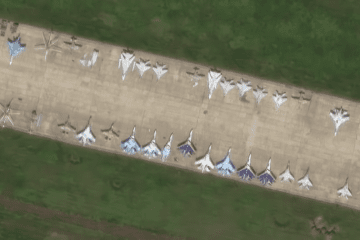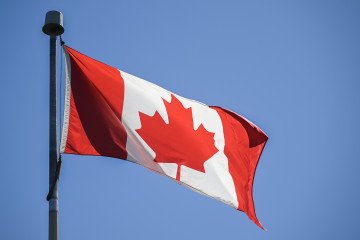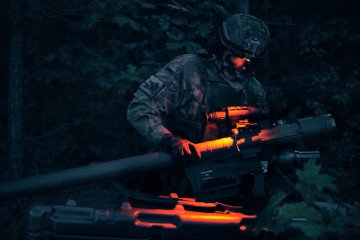- Category
- Latest news
How Russia Is Colonizing Africa With Guns, Gold, and God, Investigation Reveals
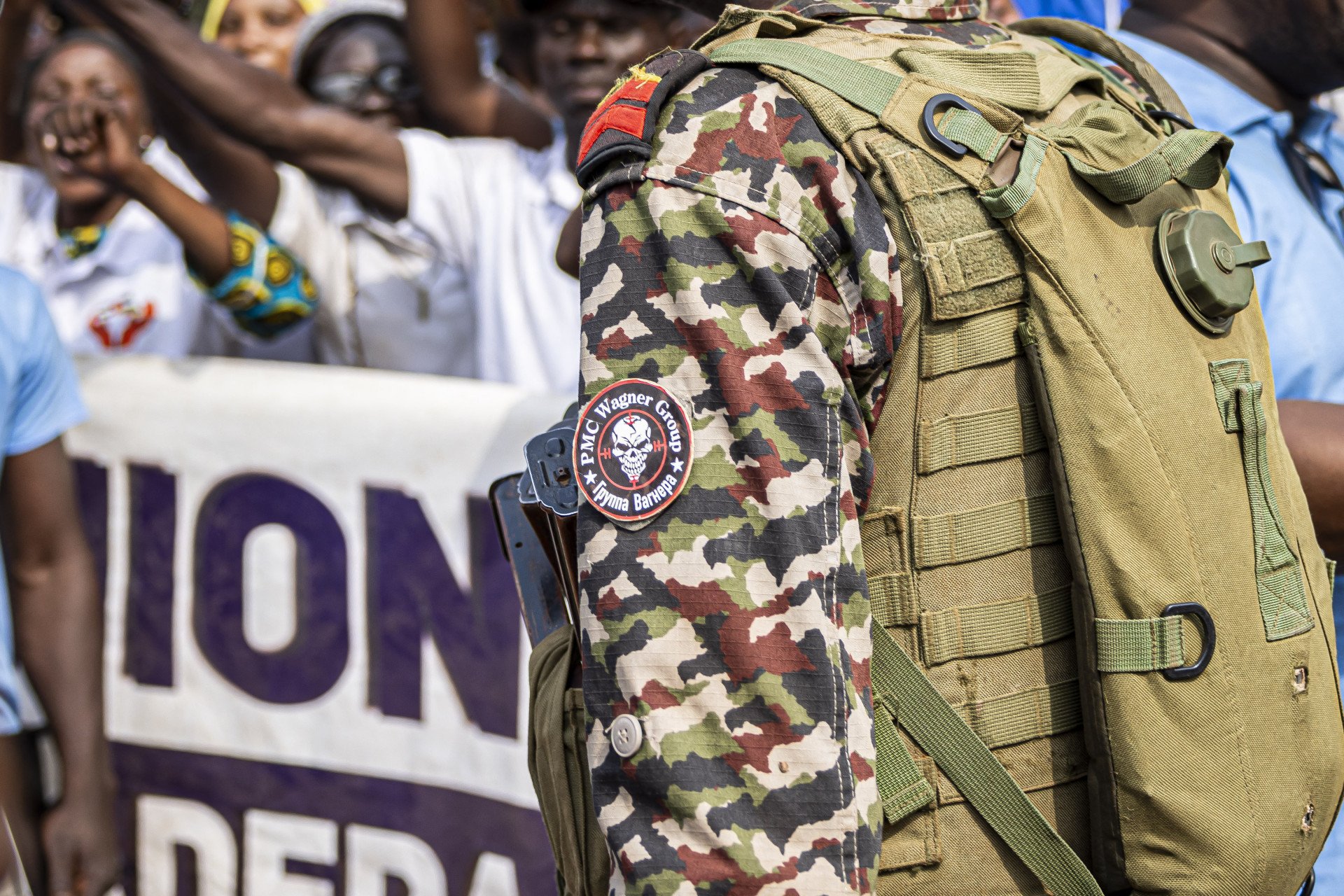
Russia has expanded its influence in Central and West Africa through a combination of military presence, economic extraction, and cultural infiltration. Since 2018, Wagner Group mercenaries have played a central role in securing Russian interests in the Central African Republic, often through violent means.
The arrival of Wagner forces in Central African Republic (CAR) led to widespread fear among local women, many of whom stopped working in agricultural fields due to the risk of sexual violence, according to Ukrainska Pravda on April 22.
A report cited by the outlet highlights that between 2018 and mid-2022, hundreds of artisanal gold and diamond miners were killed by Wagner personnel, clearing the way for Russian-controlled firms to dominate the extractive sector.
Companies linked to the Wagner Group—including Diamville, Lobaye Invest Sarlu, and Midas Ressources—secured control of mining operations in exchange for military support to the CAR government.
These firms, under various sanctions from the US, EU, Canada, and Ukraine, now operate with little oversight, extracting significant resources that fund the Russian state and its war against Ukraine.
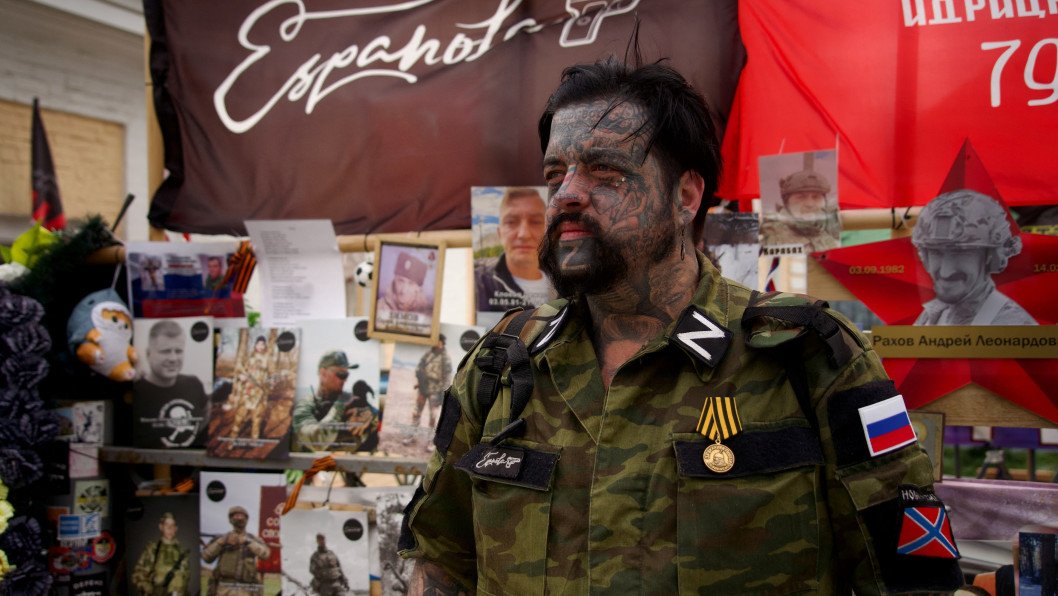
According to the report, Wagner mercenaries use indiscriminate force to maintain control, including firing at civilians near mining zones.
Testimonies from affected regions describe helicopter surveillance and ground assaults that do not distinguish between miners, rebels, or civilians—resulting in casualties, including minors involved in family mining operations.
Humanitarian organizations like Doctors Without Borders documented 19,500 cases of sexual violence attributed to Wagner fighters and allied local forces between 2018 and 2022. The report stresses that rape is being used as a method of warfare, citing attacks in civilian spaces, including maternity wards.
Beyond the battlefield, Russia’s strategy includes religious and cultural expansion. According to Ukrainska Pravda, the first Russian Orthodox Church under the Moscow Patriarchate was inaugurated in CAR in 2022. It now operates as part of a broader patriarchal exarchate spanning the continent, with over 350 churches opened in Africa in just three years.
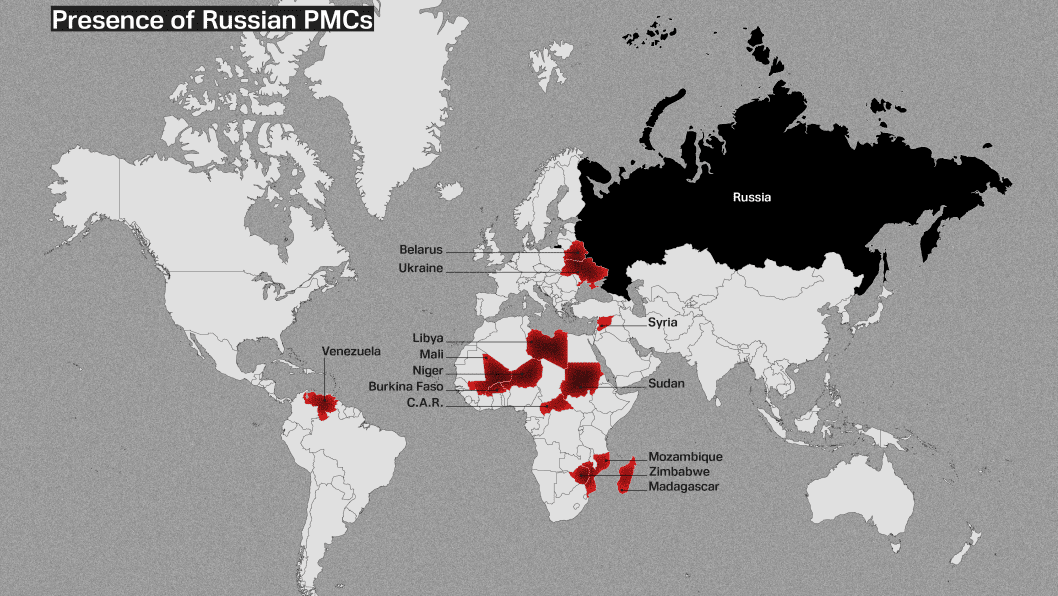
These churches function as soft power instruments, promoting Russian language and culture while distributing humanitarian aid. Moscow has also launched educational initiatives, including schools for orphans where students study Russian and adopt Russian Orthodox traditions.
A related media network, the African Initiative, was established in 2023. According to the report, this state-backed outlet publishes in multiple languages and coordinates with Russian-linked entities such as Lobaye Invest. Its coverage aims to legitimize Russian involvement and downplay allegations of violence and exploitation.
The African Initiative’s propaganda extends to schools. According to the report, “friendship lessons” introduced in countries like Burkina Faso promote Russian history, language, and loyalty narratives. These programs are financially supported by Russian institutions and framed as humanitarian outreach.
The Kremlin’s ideological strategy is also gaining traction. Russian theorist Alexander Dugin recently began promoting “pan-Africanism” as part of a revised geopolitical doctrine. In interviews featured by the African Initiative, Dugin advocates for dismantling colonial-era borders and aligning African nations with Russia in a common struggle against the West.
-a9508788f278eb9b1aa54fba6ad6d5f7.png)
The report highlights that these narratives are reinforced by Russian media channels, which push disinformation suggesting the United States is using Ukraine as a tool to control or exploit Africa. According to journalists like Philip Obaji Jr., such claims have helped erode support for Ukraine across several African states.
Obaji, a Nigerian investigative journalist focused on Wagner’s war crimes in Africa, has documented how Russia blends hard and soft power to entrench itself across the region. He warns that the economic vulnerability of African communities makes them susceptible to recruitment—men for the battlefield, women for labor in Russian defense industries.
According to the report, the revenues generated from Africa’s mineral wealth run into billions of dollars annually, supporting both Russia’s economy and its military operations.
Russia’s sustained influence efforts—military, religious, and cultural—amount to a comprehensive neo-colonial campaign designed to expand Moscow’s global leverage while bypassing Western sanctions and isolation.
-399ee3fa85e57b8d66631d90055b1aa7.png)
As Obaji notes in the report, initiatives like Russian language education in CAR primary schools and the promotion of the national anthem are not isolated acts of diplomacy, but calculated elements of a broader colonization effort under the guise of cultural partnership.
Earlier, a Russian military convoy significantly stronger than Mali’s own army was spotted entering Bamako. The column, part of Russia’s so-called “African Corps,” included T-90M and T-72B3 tanks, BMP-3 IFVs, and over 50 armored vehicles—surpassing Mali’s total ground forces in both size and capability.
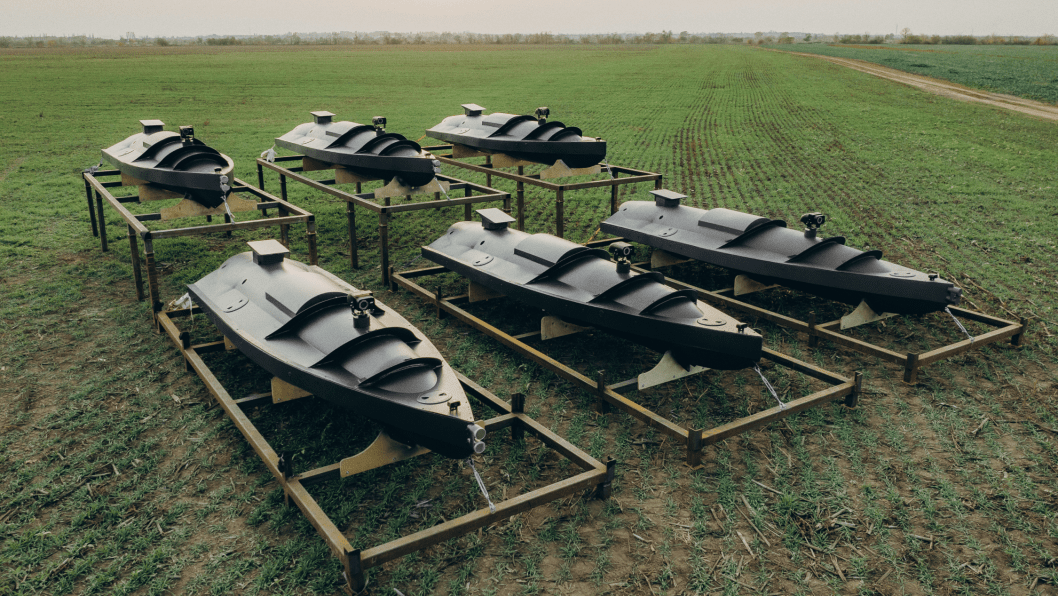

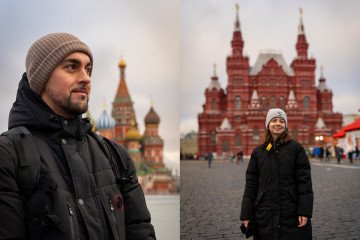
-111f0e5095e02c02446ffed57bfb0ab1.jpeg)
